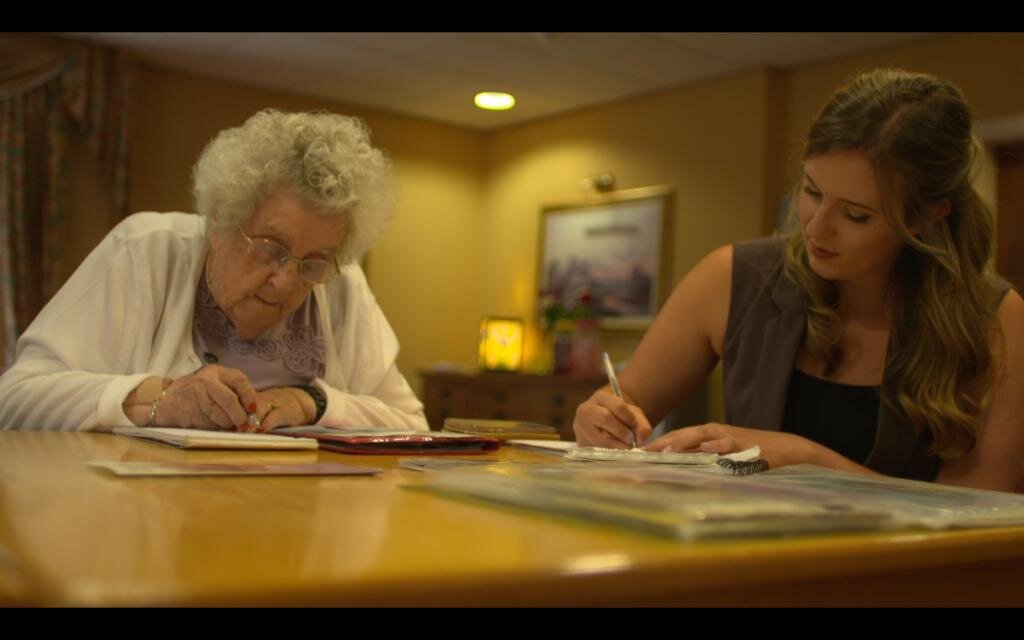Person-Centred Care: An Integral Part of Care at Jah-Jireh
Caring for faithful elderly ones in the Jah-Jireh Homes is a privilege and our carers work tirelessly to make sure that the residents have all that they need. All those of you who are caring for elderly ones know how rewarding it is and the challenges that come with it. We are encouraged by all that you to do to provide loving care.
Person-centred care is an integral part of the care at Jah-Jireh. As caregivers we never want to lose sight of the person behind the condition we are treating. Emphasis on person-centred care helps our carers and staff to refocus on our residents’ needs beyond their ailment or disability.
In this article, we talk about what person-centred care is, its advantages, and how we ensure this in Jah-Jireh. We hope this will also help you provide person-centred care if there are elderly or ailing ones under your care.
What Is Person-Centred Care?
The Institute of Medicine (IOM) defines patient-centred care as:
“providing care that is respectful of, and responsive to, individual patient preferences, needs and values, and ensuring that patient values guide all clinical decisions.”
Person-centred care is one of the 13 fundamental standards set by the Care Quality Commission (CQC), England.
As the name suggests, providing person-centred care puts the person at the heart of their care. It involves caring for elderly patients beyond their condition, tailoring your care to suit their individual needs and wants. This would require you to know them as a person and actively involve them in care-related decisions. This allows elderly patients retain their autonomy and dignity while being cared for. The Health Foundation lists four principles of person-centred care:
Affording people compassion, dignity and respect: basic rights set out in the NHS Constitution and patient charters and strategies for all four UK countries.
Offering coordinated care, support or treatment: especially for people using multiple services, or at transition between parts of the health and social care system.
Offering personalised care, support or treatment: treating the person as a human being, not simply a set of diagnoses or symptoms. This means taking into account their emotional, social and practical needs, and those of their carers.
Enabling: supporting people to recognise and develop their own strengths and abilities so that they can live an independent and fulfilling life.
Benefits of Person-centred Care
There are many benefits of person-centred care. Prioritising an individual’s health needs by going a step beyond just treating their ailments can work wonders on both the elderly one and the carer. Here are a few reasons why:
1) Provides a greater chance of sticking to the treatment plan.
When an elderly patient feels respected, involved and in control, there is a greater chance of them sticking to their treatment plans and taking their medicine.
2) Reduces the stress on elderly ones and carers.
Most often, elderly patients do not understand their health condition and might panic at changes they experience. Since person-centred care improves your understanding of their health condition and their thinking and behaviour patterns, you will be in a better position to explain it to them and calm them down.
3) Helps elderly ones adopt positive health behaviour
Some elderly ones may be chronically ill and rely heavily on healthcare services. Person-centred care motivates such patients to adopt positive health behaviours. This is particularly important because it can improve and help them manage their own health, which is very important in helping them feel dignified.
4) Encourages a happier and more positive outlook
When carers see the results of their person-centred approach, they feel happier and more positive. This increases a carer’s morale and improves their ability to deliver effective and compassionate care.
5) Saves time and expense
Person-centred care ensures that elderly patients receive the medication they will actually take. It also motivates them to actively participate and engage in the right care methods. This would mean that the resources spent on their care will be effectively used.
Person-centred Care at Jah-Jireh
Carers and staff at Jah-Jireh are trained on providing person-centred care to our residents. It is a joy to get to know these wonderful faithful brothers and sisters. Spending time with them and getting to know their condition as well as their personality helps us provide care that is personal. We get familiar with their likes and dislikes, we listen to their opinions, we observe the type of care they are comfortable with and the little things that makes them smile.
We become family at Jah-Jireh; and this sense of belonging helps our residents and carers understand each other, contributing to a high quality of care while according our residents the dignity that these faithful ones truly deserve.








